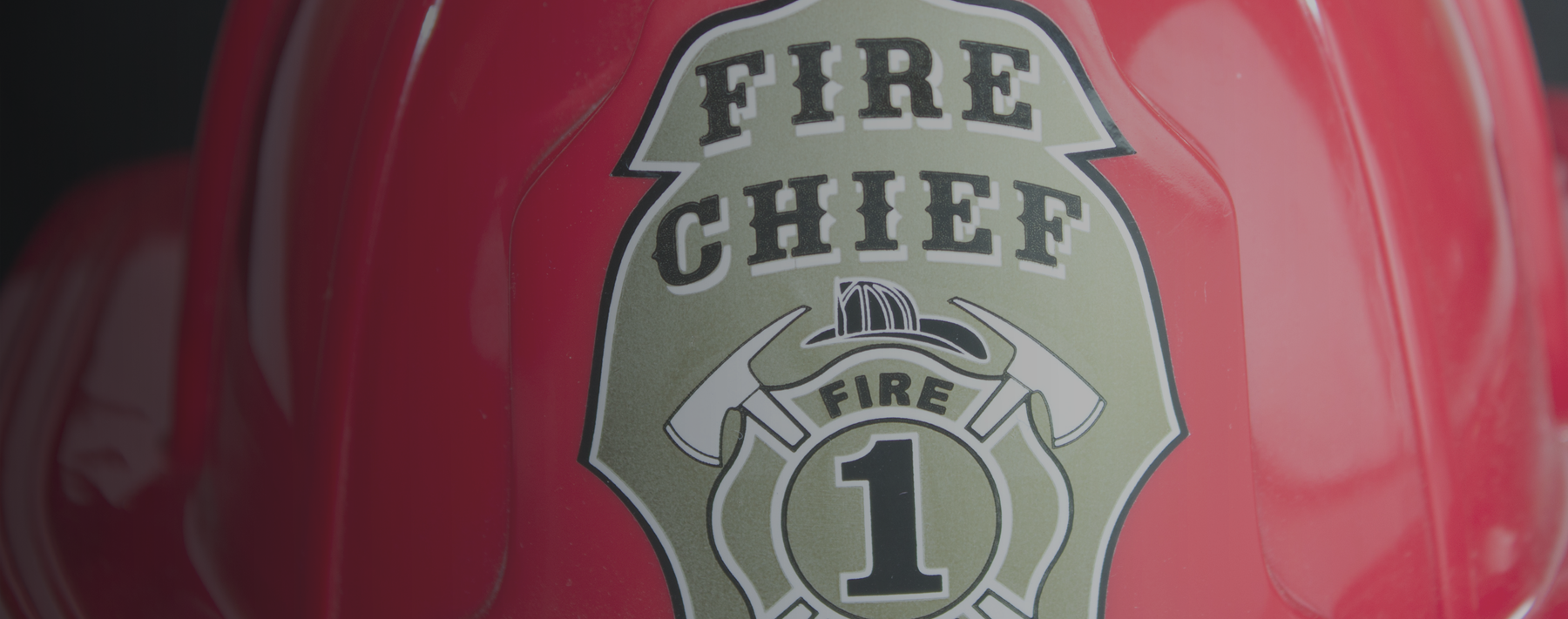Take a minute and think back—way back in some cases—to when you attended your basic academy. Reflect on the long list of topics covered in those grueling months meant to get you primed and ready to tackle the world of public safety. Do you recall topics such as ethics, chain of command, use of force, handcuffing, courtroom testimony, physical fitness and laws of arrest and search and seizure? Me too. I think we can agree that all of those are critical to being successful as an officer. Of course, that’s before your field training officer (FTO) tells you, “Forget what you learned in the academy, kid, I will show you how the real world works,” right?
Can you think of any topics you would add to that list now that you are a veteran? I can.
Collecting Baggage
When I started my career in public safety in 1989, it was as a member of the U.S. Coast Guard. My role encompassed all things Coast Guard, but with an emphasis on law enforcement as a Port Securityman. I later joined the civilian law enforcement world, which was similar yet had a marked difference from my maritime law enforcement training.
As my career progressed, I had the honor of working alongside some great professionals and being influenced by some strong and impressive leaders. I also had the misfortune of working for some not-so-great leaders and with some questionable members of this profession. In my 22 years divided between two sheriff’s offices, I served in many roles. Some of my most memorable and noteworthy were eight years as a SWAT operator, five years as a dual-purpose K9 handler and nearly two years as a jail commander.
Over the years I amassed my collection of memories, as we all have. Some memories bring a smile to my face, while others invoke a black cloud that haunts me. All of us, regardless of how many weeks, months or years we have served, have accumulated a collection of experiences we carry with us. It is almost as if we were issued a huge duffle bag on day one that we strapped to our backs and have carried ever since, continuing to pile on the weight: critical incident debriefs, mandatory psychological counseling after an officer-involved shooting, personal issues such as divorce. As the years go on, we become conditioned to carrying the additional weight of that emotional duffle bag, like a runner training for a marathon.
Breaking Point
The problem: We have forgotten everyone has a breaking point. Continuing to add “baggage” pushes us closer and closer to that breaking point when we really should be shedding weight along the way. I was lucky to have a friend who saw my breaking point rapidly approaching and intervened before I crashed and burned. All the years of collecting baggage, along with a huge dose of personal attacks and betrayals made for a toxic workplace, causing both a physical and mental reaction. And not a good one.
Toward the end of my career wearing the uniform, I had the unfortunate experience of working with and for what I consider the most toxic and unprofessional members of our industry I have ever met. In short, members of my command staff—my own team—created a work environment so toxic my body accelerated toward that breaking point. While I was trying to “fight the good fight” and repel the personal attacks, my body was headed for disaster.
It’s time for us, as an industry, to wake up and take a proactive approach to keep our modern-day warriors mentally healthy.
By the grace of God, my friend—who was a doctor and jail medical director—noted my condition, took me out of work and introduced me to a great support network. This is when I first learned that I should have been practicing better mental health and not just paying attention to my physical health. While working through my situation I was introduced to mindfulness stress reduction as a way to reduce my stress, depression and anxiety. I attended workshops and read several articles and books related to law enforcement officer mental health and the physiological effects of stress. I learned I was damaged and had not been properly mentally prepared for what I experienced.
While I did continue to fight and later prevail against my previous employer, l learned I had a lot more baggage to work through. My battle had opened my eyes to all sorts of things I carry in my proverbial emotional duffle bag, traumatic memories lurking in my head and never properly processed out of my system. I learned how we can get caught in an infinite loop of trauma and how that negatively impacts us in many ways. I had been practicing what I call the “10-foot-tall and bulletproof” or “suck it up, it comes with the job” approach to survival.
I also came to realize that as an industry we have been negligent in teaching proper coping skills to our brothers and sisters in public safety. We have been perpetuating an unhealthy approach to emotional survival and to law enforcement officer mental health in general. As Dr. Kevin Gilmartin (Emotional Survival for Law Enforcement) says, in the United States we do a great job of hiring strong, brave, upright men and women, only to retire them as burned-out shells of their former selves. I can attest that Dr. Gilmartin—and many others who have made the same observation—are absolutely correct.
Wake-Up Call
It’s time for us, as an industry, to wake up and take a proactive approach to keep our modern-day warriors mentally healthy. We need to remove the expectation of being “10-foot-tall and bulletproof” and equip these brave men and women with the support and skills to properly compartmentalize their emotions so they can remain effective in the face of danger and tragedy. Law enforcement officers must learn to process traumatic sounds, images and feelings in a healthy and timely manner so they do not pile up like 800-lb. gorillas of emotion left to compost, only to spontaneously combust later in life.
While I was trying to “fight the good fight” and repel the personal attacks, my body was headed for disaster.
According to national statistics, more cops and firefighters kill themselves each year than are killed in the line of duty. While we spend countless millions of dollars keeping others from killing our heroes every year by outfitting them with ballistic armor and tactical training, we spend almost nothing and virtually no time preparing them to stay mentally healthy so they don’t become depressed, anxious and suicidal. While we are well prepared for physical attacks and dangerous incidents, we seem to be ignoring our number-one killer, over which we have much more control and influence—ourselves!
If you are a law enforcement leader, with or without rank, you owe it to yourself, your comrades and your community to buck the old and dangerous “10-feet-tall and bulletproof” mindset and embrace and model healthy and effective law enforcement officer mental health practices. I recommend you start with reading Dr. Gilmartin’s book and research mindfulness stress reduction practices and mental health practitioners in your area. While mental health practitioners with an expertise in public safety are in short supply, the internet is a fantastic tool for you to start doing better self-care while connecting to the right network of experienced resources.
In my next article I’ll discuss more about my journey and explore some of those networks and resources I have found beneficial to reclaiming the human side of me that nearly drowned in 22 years of well-intentioned yet ill-suited coping practices.



